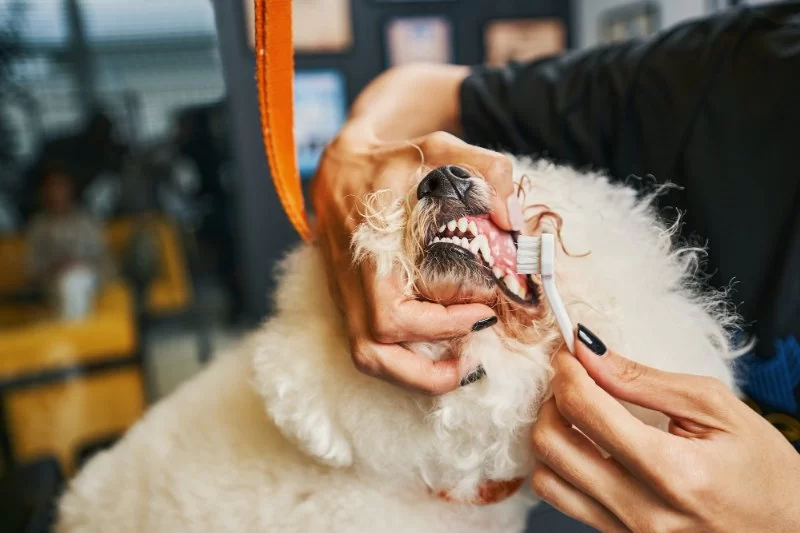Do Pets Need Dental Cleanings? What Vets Recommend Annually
- - 1. Why Dental Health Matters for Pets
- - 2. Signs Your Pet May Need a Dental Cleaning
- - 3. What Annual Veterinary Dental Cleanings Involve
- - 4. Risks of Skipping Professional Pet Dental Care
- - 5. Real-Life Example: How Annual Cleanings Changed a Pet’s Life
- - 6. At-Home Dental Care to Complement Professional Cleanings
- - 7. How to Choose a Vet for Your Pet’s Dental Health
1. Why Dental Health Matters for Pets
Dental health in pets is more than just about fresh breath. Poor oral hygiene can lead to periodontal disease, which can cause chronic pain, tooth loss, and even systemic health problems like heart or kidney disease. Annual dental cleanings are recommended by most veterinarians to keep your pet’s teeth and gums healthy, extending their quality of life.
2. Signs Your Pet May Need a Dental Cleaning
Some early signs of dental trouble include bad breath, yellow or brown tartar buildup, bleeding gums, and difficulty eating. In some cases, pets hide their discomfort, so even if they seem fine, they may still have significant dental disease. This is why yearly veterinary check-ups with dental evaluations are essential.
3. What Annual Veterinary Dental Cleanings Involve
Professional dental cleanings for pets are performed under anesthesia to ensure safety and thoroughness. The process usually includes scaling to remove plaque and tartar, polishing to smooth enamel surfaces, and a detailed oral examination to check for hidden issues. Many clinics also take dental X-rays to identify problems beneath the gum line.
4. Risks of Skipping Professional Pet Dental Care
Neglecting dental cleanings can allow bacteria to spread from the mouth to other parts of the body, potentially causing serious organ damage. Over time, untreated dental disease can also lead to chronic pain, weight loss, and behavioral changes due to discomfort.
5. Real-Life Example: How Annual Cleanings Changed a Pet’s Life
A senior cat named Bella had been eating less and sleeping more. Her owner assumed it was just old age, but during her annual check-up, the vet found severe dental disease. After a professional cleaning and tooth extractions, Bella regained her appetite and energy, living comfortably for years afterward.
6. At-Home Dental Care to Complement Professional Cleanings
Daily or weekly brushing with pet-safe toothpaste, dental chews, and water additives can help maintain oral health between vet visits. While these at-home methods can reduce plaque buildup, they are not a substitute for annual professional cleanings recommended by veterinary professionals such as those at Hidden Brook Veterinary.
7. How to Choose a Vet for Your Pet’s Dental Health
Look for veterinarians who have experience in dentistry and use modern equipment like dental radiographs. A good vet will explain the cleaning process, discuss anesthesia safety, and provide post-care instructions to ensure your pet recovers comfortably.
Annual dental cleanings are a cornerstone of preventive pet healthcare, protecting both oral and overall health while keeping your furry friend comfortable and happy.












